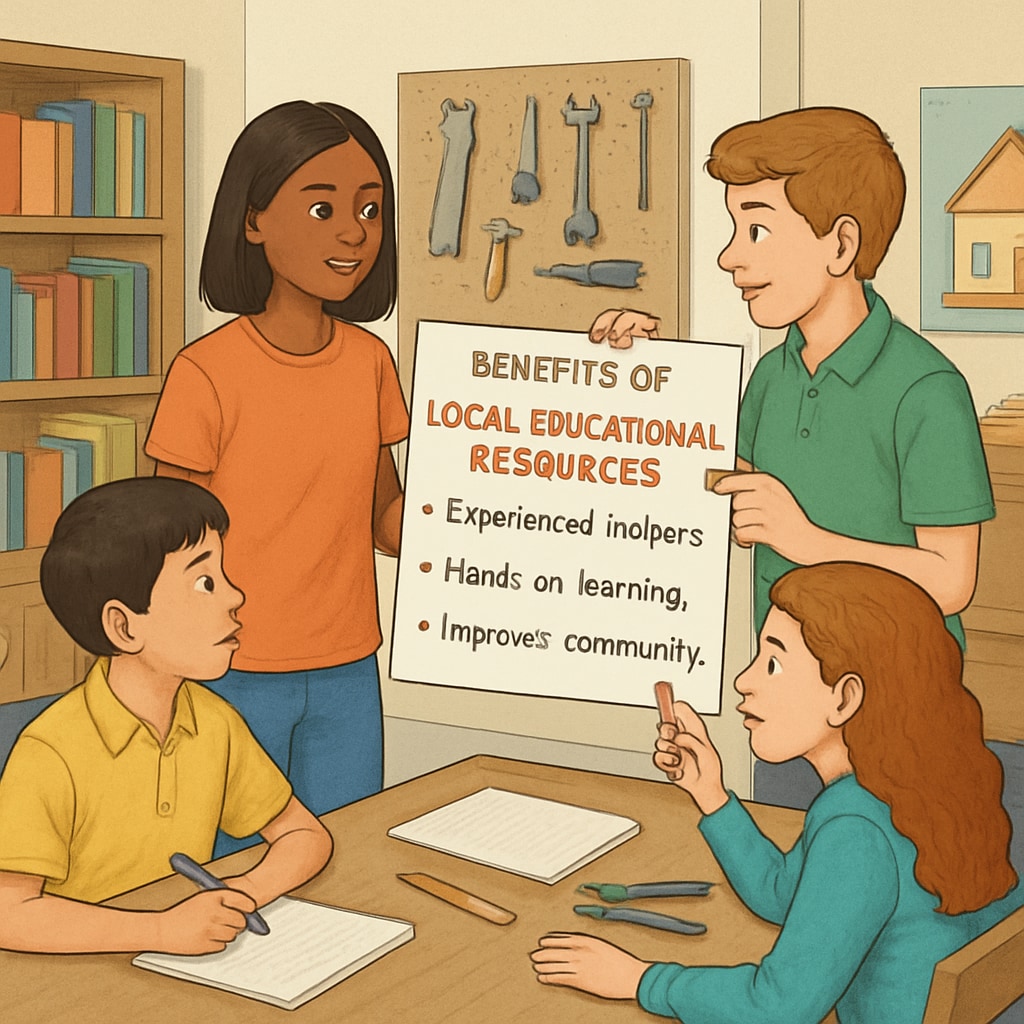As high school students approach their final year, finding quality off-campus learning resources becomes increasingly important. These resources—ranging from online education platforms to community organizations and university preparatory programs—help students enhance their skills and broaden their horizons. Whether aiming for academic excellence or developing new talents, exploring diverse opportunities outside the classroom can be transformative.
Online Platforms: A Gateway to Diverse Education
Online platforms provide unparalleled access to a variety of educational courses tailored for high school students. Websites such as Khan Academy and Coursera offer subjects ranging from advanced mathematics to creative writing. These platforms often include interactive tools, quizzes, and video tutorials, making learning more engaging and accessible.
In addition, many platforms offer certification programs that can boost college applications or resumes. For example, completing an advanced coding course on platforms like Codecademy can demonstrate technical skills to future employers or admissions committees.
- Accessible from anywhere with an internet connection
- Diverse courses for academic and personal development
- Affordable or free options available

Community Organizations: Local Opportunities to Learn and Grow
Community organizations often provide high school students with hands-on learning opportunities not typically offered in school. These might include workshops, internships, or volunteer programs. For example, libraries often host free tutoring sessions, while local non-profits may offer leadership training or environmental conservation projects.
Participating in community programs can also foster connections within the local area, creating networking opportunities that may lead to scholarships or mentorships. Such engagement builds both academic skills and real-world experience.
- Hands-on projects enhance practical knowledge
- Networking opportunities with professionals and peers
- Chance to give back to the community

University Preparatory Courses: Building a Strong Academic Foundation
For students aiming for higher education, university preparatory courses can be an invaluable resource. Many universities offer summer programs or online courses specifically designed for high school students. For instance, Harvard’s Pre-College Program allows students to experience college-level coursework in subjects ranging from psychology to economics.
Such courses not only strengthen academic capabilities but also provide a glimpse into the university environment, helping students make informed decisions about their future. They can also enhance college applications by demonstrating a proactive approach to learning.
- Exposure to college-level coursework
- Opportunities to explore future career paths
- Improved readiness for higher education
In addition to formal programs, some universities offer free resources, such as OpenCourseWare from MIT (MIT OpenCourseWare), which provides access to lecture materials and assignments from real college courses.
Final Thoughts: Expanding Horizons Beyond the Classroom
High school students have access to a wealth of off-campus learning resources, from online platforms and community organizations to university preparatory courses. Exploring these options allows them to develop skills, gain valuable experience, and prepare for both academic and personal success. By taking proactive steps, students can turn their final years of high school into a time of growth and opportunity.
As a result, these resources provide more than just academic advantages—they create pathways to discovering passions, building confidence, and cultivating lifelong skills. The possibilities are truly unlimited.
Readability guidance: Short paragraphs and lists help summarize key points. Transition words (such as however, therefore, and in addition) are used throughout for flow. Passive voice and overly long sentences are minimized to ensure clarity and engagement.


